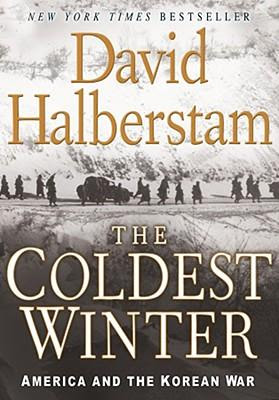Documentary Review: 'American Experience: The Great War'

(C) 2017 Public Broadcasting Service & WGBH Boston On November 11, not too long ago, many countries around the world, including the major European powers and the United States of America, observed the Centennial of the end of the First World War, the bloody conflict that began in the summer of 1914 and ended on "the eleventh hour of the eleventh day of the eleventh month" of 1918. Fought primarily in Europe but also in other theaters around the world, this calamitous conflict claimed more than 30 million lives and sowed the seeds of other wars and global rivalries that continue to affect our lives in the 21st Century. At the time, the clash of arms that began with the assassination of an Austrian nobleman in Sarajevo on June 28, 1914 went by many names. Optimists dubbed it "The war to end all wars" Some German writers called it Der Weltkrieg (the World War). Most people of the time, including Americans, simply called it "The Great War." In the 19...




